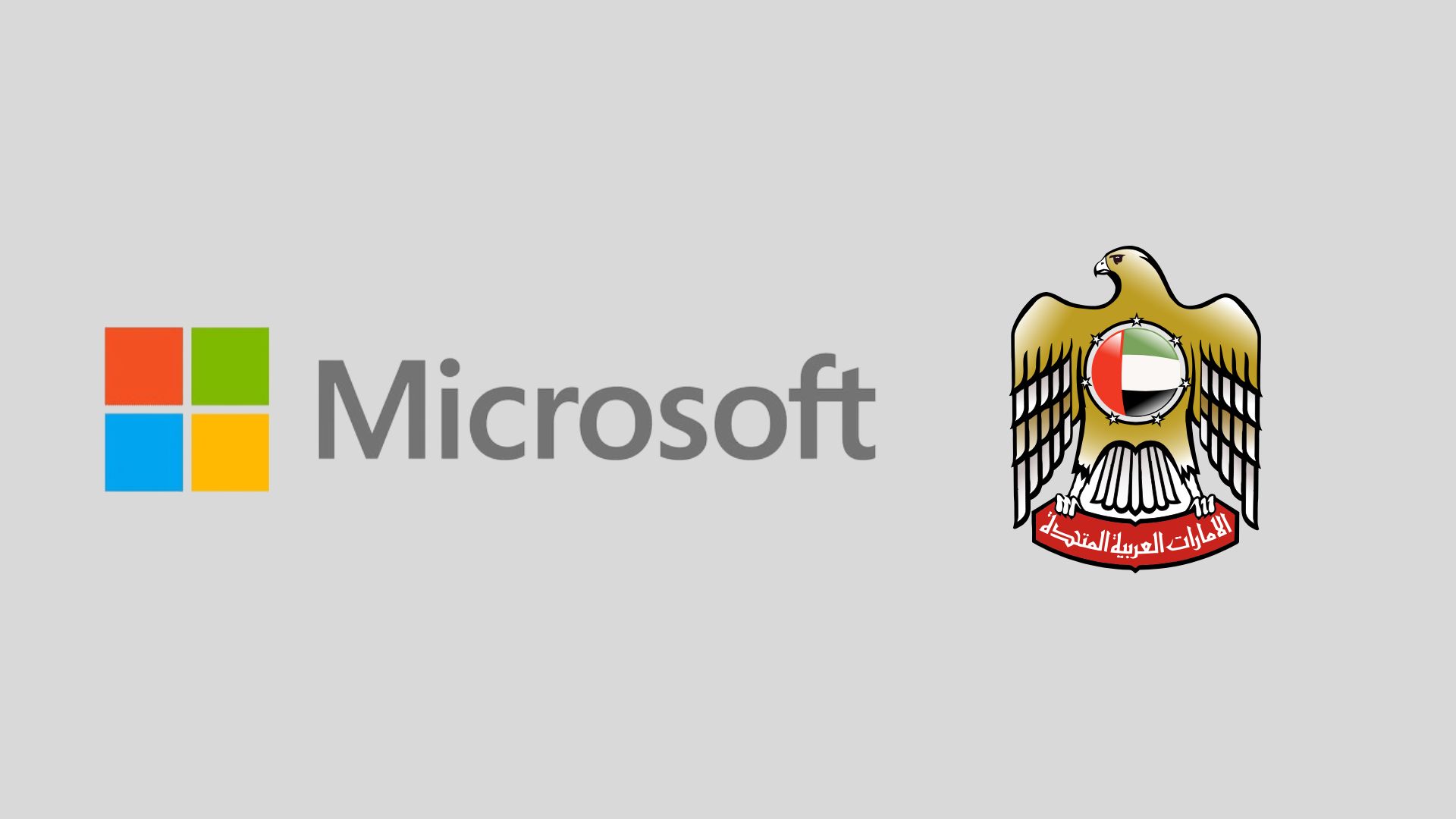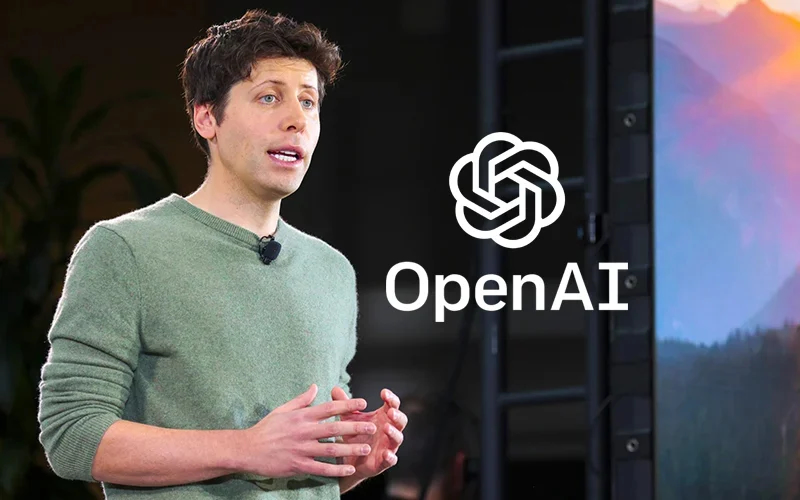The UAE Ministry of Investment and Microsoft signed a Memorandum of Understanding at GITEX Global 2025 to apply AI to investment analytics, financial forecasting, and retail optimisation. The deal aims to strengthen data governance across the investment ecosystem.
Under the MoU, Microsoft will support upskilling through its AI National Skilling Initiative, targeting 100,000 government employees. Training will focus on practical adoption, responsible use, and measurable outcomes, in line with the UAE’s National AI Strategy 2031.
Both parties will promote best practices in data management using Azure services such as Data Catalog and Purview. Workshops and knowledge-sharing sessions with local experts will standardise governance. Strong controls are positioned as the foundation for trustworthy AI at scale.
The agreement was signed by His Excellency Mohammad Alhawi and Amr Kamel. Officials say the collaboration will embed AI agents into workflows while maintaining compliance. Investment teams are expected to gain real-time insights and automation that shorten the time to action.
The partnership supports the ambition to make the UAE a leader in AI-enabled investment. It also signals deeper public–private collaboration on sovereign capabilities. With skills, standards, and use cases in place, the ministry aims to attract capital and accelerate diversification.
Would you like to learn more about AI, tech, and digital diplomacy? If so, ask our Diplo chatbot!










